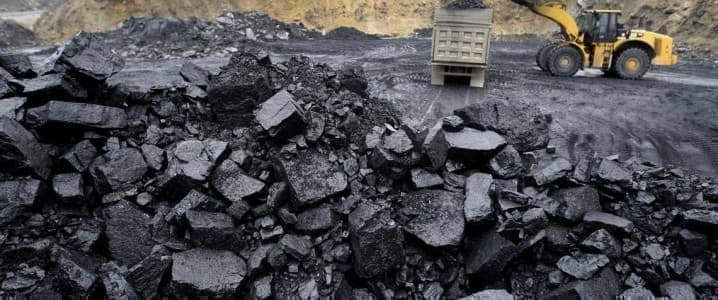The world was already struggling to combat a global energy supply squeeze well before the Russian invasion of Ukraine. Now, as world powers seek to condemn the Kremlin’s actions in Ukraine by crippling the Russian economy, it’s becoming increasingly clear that energy sanctions will be a necessary part of any meaningful global response. In order to hit Russia where it hurts, however, those doing the sanctioning are also going to feel an economic backlash as the exit of Russian oil, coal, and gas from the global energy supply leaves many European and Asian countries scrambling for new sources of fuel.
In fact, the threat posed to Europe’s energy security by sanctions on Russia have left European leaders gridlocked and struggling to agree on how, what, and how much to boycott. Unable to come to an accord around Russian oil and gas, which provide nearly half of Europe's energy imports, the European Union has agreed to start with a Russian coal ban, slated to begin in August. While this may seem like a weak and belated effort when compared with the magnitude and urgency of the atrocities unfolding in Ukraine, this relatively small step will leave the continent scrambling to find 40 million tons of replacement coal.
Thanks to the lingering effects of the novel coronavirus pandemic, a global energy supply squeeze has led many of the world’s countries back to coal as oil and gas prices skyrocket. This means that weaning the world off of Russian coal imports will be an even bigger challenge for European and Asian countries that have ratcheted up their coal consumption in recent months. In 2021 alone, European imports of Russian coal increased by 22.4%. Coal prices are already near a record high, and the instatement of the European boycott in August will drive them even higher.
Related: World’s Largest Oil Trader To Completely Phase Out Russian Crude
Even so, the coal ban will have a much greater impact on Russia than it will on the European Union. “It’s bad news for Putin, but won’t devastate the EU,” Fortune recently reported. For one thing, European buyers have already begun their shift away from Russian coal, and the August deadline, which Germany pushed for, will ease the burden of finding new sources of coal in a hurry.
The European Union is far from the only economic bloc that will be scrambling to find new sources of coal. Many Asian nations, too, will be looking for non-Russian imports. Notably, Japan recently announced that it, too, will ban Russian coal imports in a “surprise policy shift” that was a reversal of the nation’s previous refusal to extend its embargo to the Russian energy imports that Japan heavily relies upon. “Russia’s cruel and inhumane actions are coming to light one after another all over Ukraine,” Japanese Prime Minister Fumio Kishida told reporters on Friday. “We will ban imports of Russian coal.”
This means that some of the world’s biggest coal consumers will be competing in an already tight market for new coal supplies. Top global coal exporters Australia and Indonesia have already hit their production limits, and South Africa, another major coal producer, is facing logistical problems in their own coal supply chains. According to Fortune, the European Union will likely be looking to the United States and Colombia for coal imports come August, and Germany, Poland, and the Czech Republic will be ramping up their domestic production levels. China, too, will be massively increasing its production levels. While Beijing will not be exporting domestically produced coal, the production increase will lessen demand for international imports, thereby freeing up some supply on the global marketplace for other nations scrambling to keep the lights on without cutting a check to the Kremlin.
By Haley Zaremba for Oilprice.com
ADVERTISEMENT
More Top Reads From Oilprice.com:
- Oil Sands Financing From Canadian Banks Doubles
- India’s Russian Dealings Have Left Biden’s Geopolitical Oil Strategy In Tatters
- Tight Oil Markets Are Sending Fuel Margins Through The Roof


















